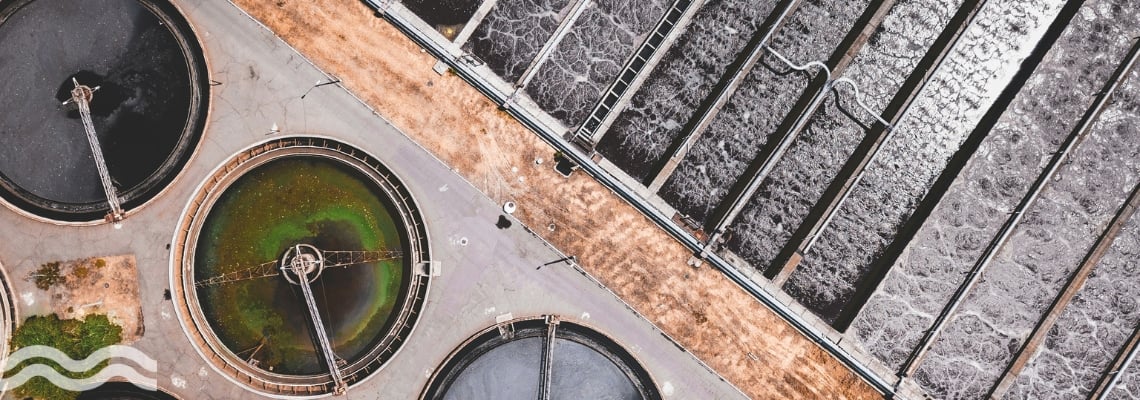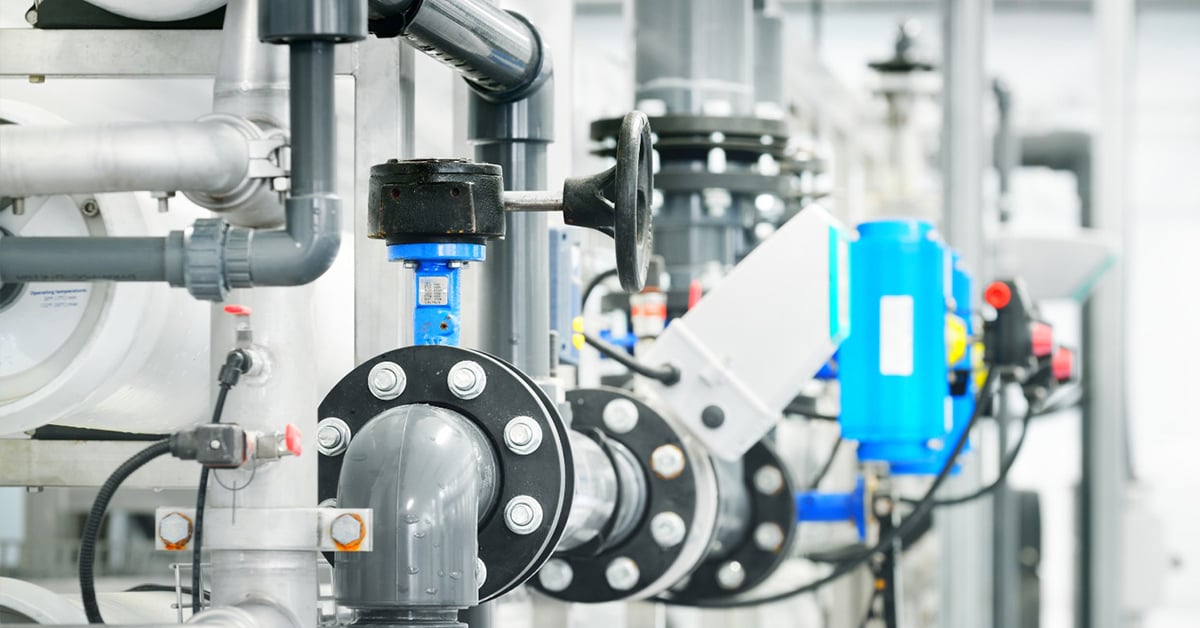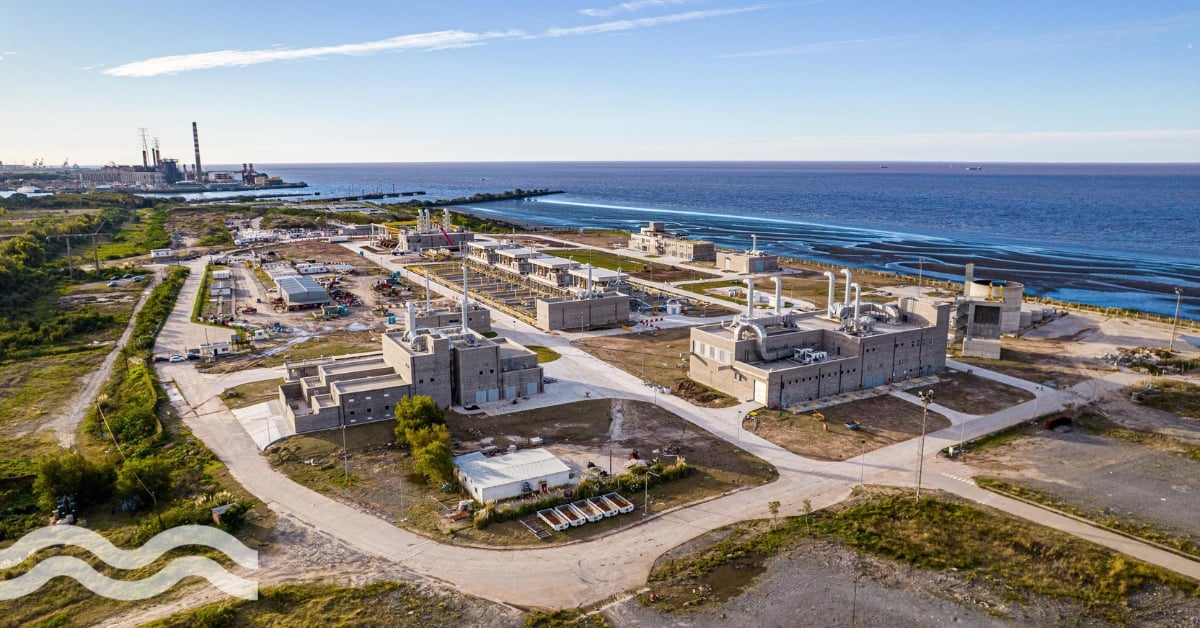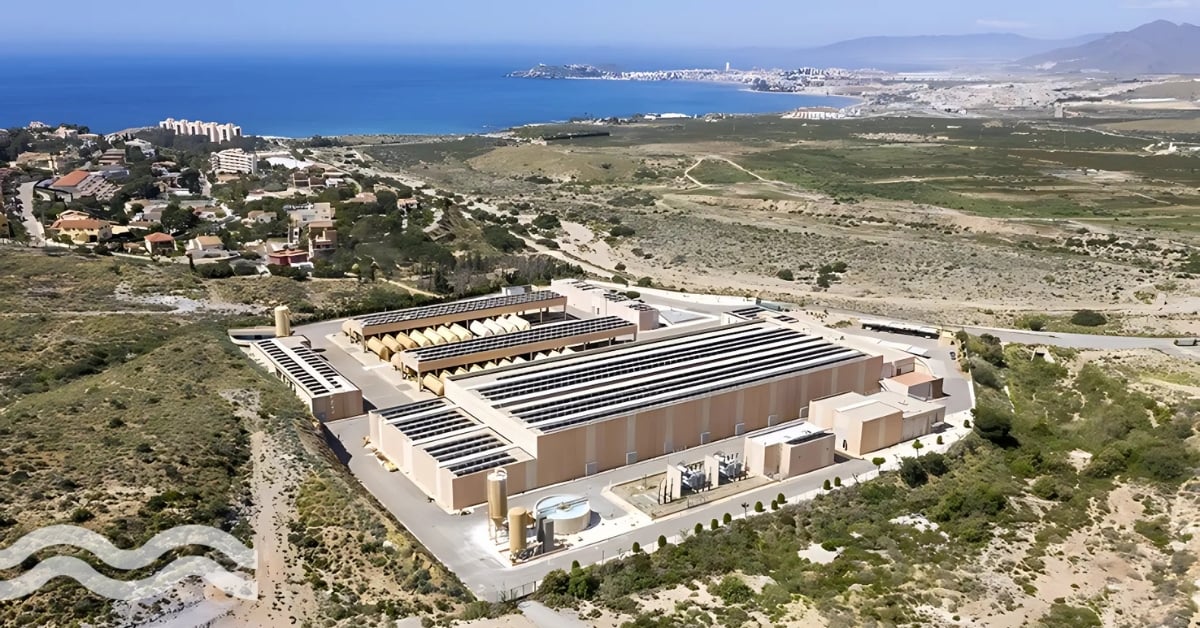Pilot plant will assess micropollutant technologies

The first pilot plant in the UK aimed at assessing the impact of combining different wastewater micropollutant removal solutions on one site will be built and operated by Curio Water.
Relocation and research
The plant will be located at Cranfield University and will use wastewater samples taken from the university, including its teaching and research facilities, commercial businesses, halls of residence, and a hotel.
As part of the development, Curio Water's parent company has relocated its UK headquarters to the university.
The plant will be the first in the UK to focus on assessing the results of combining different technologies for micropollutant removal. The technologies being combined include ozone, Advanced Oxidation Process (AOP), granular activated carbon (GAC), ultraviolet (UV), and nanobubbles.
These will be used in a variety of combinations to remove micropollutants such as common pharmaceuticals and antibiotics, cleaning detergents, Per- and polyfluoroalkyl substances (PFAS), microplastics, steroid hormones and pesticides.
Cranfield pilot will lead wider research
Howard Marles, founder and managing director of Curio Group, told media: "Cranfield University is home to some of the world's leading experts in water science, and this move provides an opportunity for us to combine our expertise in developing new and innovative solutions to the growing problem of micropollutant removal."
He added: "Working here will allow us to hold pioneering events sharing our current knowledge and future findings with water scientists and industry specialists from the UK and around the world. Using the pilot plant will allow us to demonstrate how a full scale micropollutant removal plant using the latest innovations would operate."
Curio plans to build a further ten pilot plants for water companies and effluent producers in the next twelve months to analyse wastewater from sites across the UK, using remote monitoring to determine the requirements for future plants.
Working with Severn Trent Water to remove pollutants
With the EU strengthening wastewater treatment regulations and the possibility of the UK following suit, the need for investment in micropollutant removal is pressing.
As part of its wider work in this area, Curio Group is working with Severn Trent Water at its Frankton Wastewater Treatment Plant to build, supply and test the impact of ozone as an additional treatment for removing micropollutants such as pharmaceuticals and antibiotic-resistant bacteria.
Severn Trent Water is investing €57 million in improving water quality as part of its Bathing Rivers project. The Frankton plant will test micropollutant removal technology before water is released into the River Teme.
As part of the project, Curio Group will provide a containerised ozone water treatment system that will form part of the overall treatment process. Ozone is a powerful disinfectant that can kill algae, iron, manganese and other contaminants in the water, as well as removing micropollutants, such as pharmaceuticals.
Wilfred Denga, project manager at Severn Trent, told media: "The use of ozone to treat wastewater has the potential to truly change the future of wastewater treatment. The ozone treatment takes treatment one step further and makes the water as clean as possible – helping us with our ambition to create bathing rivers."
The Frankton plant will be the UK's first fully operational ozone treatment plant.


